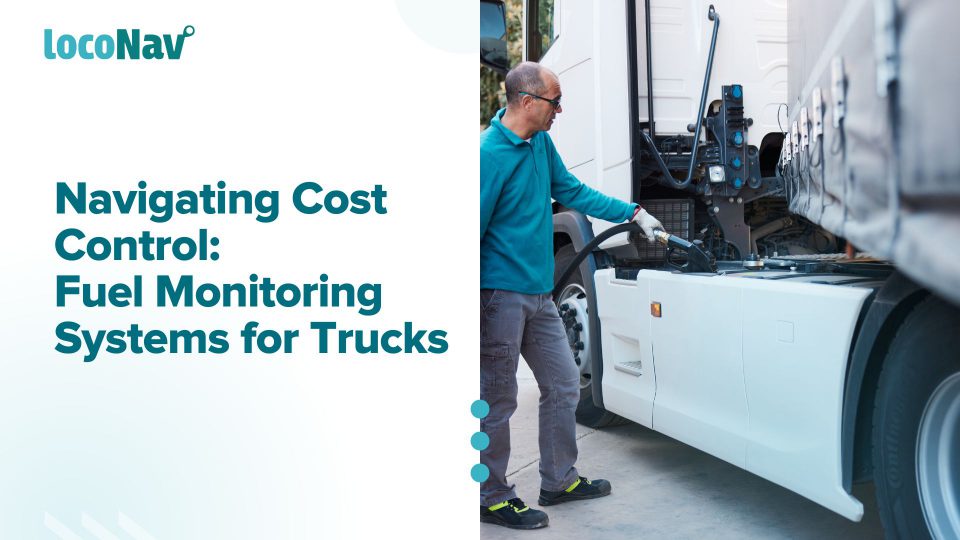

With the rapid advancement of technology, the efficient management of fuel consumption has become a crucial factor in controlling costs and optimising operations. The integration of advanced technologies, such as fuel monitoring systems for trucks, has emerged as a game-changer in the industry. In this article, we’ll delve into the significance of fuel monitoring systems for trucks and how they are instrumental in enhancing efficiency and cost control.
Understanding Fuel Monitoring Systems for Trucks
A fuel monitoring system for trucks is a sophisticated technological solution designed to accurately track and manage fuel usage in commercial vehicles. Through a combination of hardware and software components, these systems provide real-time insights into fuel levels, consumption patterns, refuelling events, and potential fuel theft.
Key Benefits and Features of Using a Full-Stack Fuel Monitoring Solution
A Full-Stack Fuel Monitoring Solution offers a comprehensive and advanced approach to managing fuel consumption in commercial vehicles. By combining hardware components like sensors and GPS technology with powerful software, this solution provides a range of benefits and features that significantly enhance fleet operations and cost control:
-
Real-time Fuel Tracking
Fuel monitoring systems utilise advanced sensors and GPS technology to provide real-time data on fuel levels and consumption. This information is often accessible through a user-friendly dashboard, allowing fleet managers to monitor their vehicles’ fuel status remotely.
-
Fuel Efficiency Insights
By analysing the data collected over time, these systems offer valuable insights into fuel efficiency trends. Fleet managers can identify inefficient driving behaviours, routes, or vehicle maintenance issues that might be contributing to excessive fuel consumption.
-
Cost Savings
One of the primary advantages of implementing a fuel monitoring system is the potential for significant cost savings. By identifying areas of inefficiency and implementing corrective measures, companies can reduce fuel expenses and improve their bottom line.
-
Preventing Fuel Theft
Fuel theft can be a substantial concern for fleet operators. Fuel monitoring systems can alert managers to sudden drops in fuel levels that could indicate unauthorised fuel syphoning or theft.
-
Maintenance Planning
In addition to tracking fuel usage, these systems can provide insights into engine performance and vehicle health. Timely maintenance based on accurate data can further enhance fuel efficiency and prevent costly breakdowns.
-
Compliance and Reporting
Fuel monitoring systems often come equipped with reporting capabilities that help companies comply with regulations and industry standards related to fuel consumption and emissions.
Implementing a Fuel Monitoring System: How to Proceed?
The implementation of a fuel monitoring system involves integrating hardware into the trucks, such as sensors and GPS modules, and setting up a centralised software platform like LocoNav for data management and analysis. Training for fleet operators and managers is crucial to effectively utilise the system’s capabilities.
Book Your Free Demo for Fuel Monitoring Solutions!
In an industry where fuel costs constitute a substantial portion of operational expenses, a fuel monitoring system for trucks offers a strategic advantage. By providing real-time insights, optimising routes, curbing inefficient practices, and preventing fuel theft, these systems are proving to be essential tools for enhancing efficiency and controlling costs in the world of trucking and logistics. As technology continues to evolve, the future holds the promise of even more advanced and sophisticated fuel monitoring solutions.
If you’re interested in learning more about how a fuel monitoring system can transform your fleet’s performance, feel free to reach out to us. LocoNav provides tailored solutions to meet your specific needs.